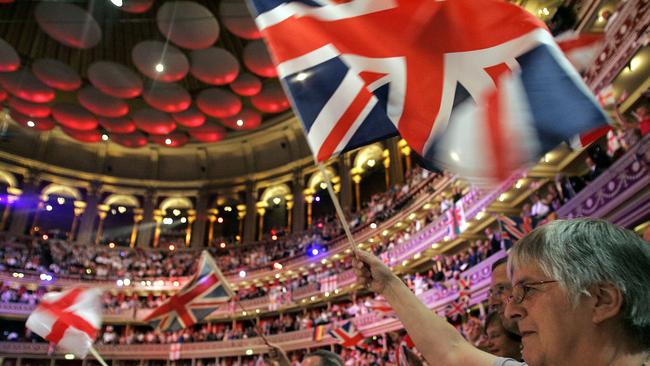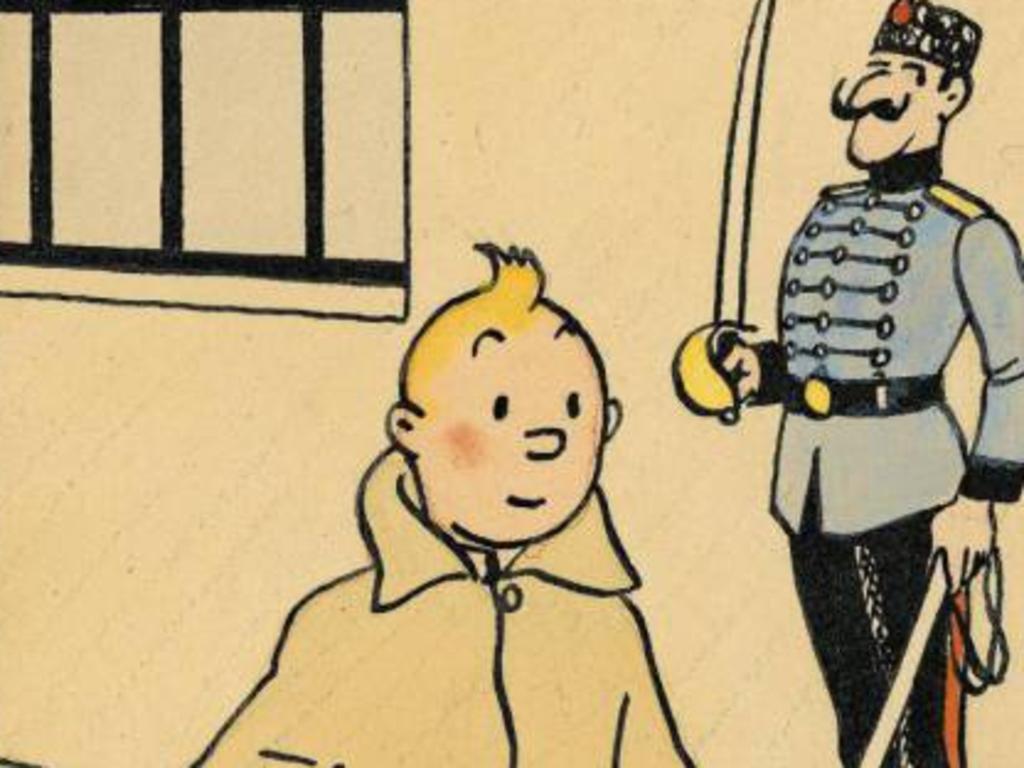Rule Britannia faces the axe from Proms finale in wake of Black Lives Matter movement
BBC mulls scrapping Rule Britannia in the light of Black Lives Matter.

The BBC is discussing whether to axe Rule Britannia and Land of Hope and Glory from the Last Night of the Proms in the wake of the Black Lives Matter movement.
The traditional anthems are hugely popular with the flag-waving prommers who ordinarily cram into the Royal Albert Hall, but organisers fear a backlash because of their perceived association with colonialism and slavery.
Dalia Stasevska, 35, from Finland, who is conducting the Last Night, is among those said to be keen to modernise the evening’s repertoire and reduce the patriotic elements.
A BBC source said: “Dalia is a big supporter of Black Lives Matter and thinks a ceremony without an audience is the perfect moment to bring change.”

The team drawing up the program for the occasion includes David Pickard, 60, director of the BBC Proms, Stasevska, who will be only the second female conductor to preside over the Last Night of the Proms, and Golda Schultz, 36, a South African soprano.
They have been meeting regularly over Zoom but have yet to agree on the Last Night program, which is on September 12. They are also concerned about how to strike a sombre tone during a global pandemic and how to respond to the ongoing debates over race equality.
The coronavirus restrictions will certainly make it difficult to perform Rule Britannia in the traditional way, and could provide an excuse for the BBC to drop it.
Rule Britannia is usually performed by about 80 members of the BBC Symphony Orchestra and a chorus of more than 100 singers. But social distancing guidelines mean the orchestra is expected to be at about half of its normal strength, with only about 18 singers able to perform. There will be no crowd to sing along but there will be “surprise” audience engagement.
Jan Younghusband, head of BBC music TV commissioning, confirmed that the Last Night’s repertoire was still being reviewed.
She added: “We have a lot of problems about how many instruments we can have. It is hard to know whether it is physically possible to do [Rule Britannia]. Some of the traditional tunes, like Jerusalem, are easier to perform … We also don’t know if we’ll be in a worse situation in two weeks’ time.”
The coronavirus has forced the Proms’ organisers to contend with a host of new problems, including performers’ spittle, which mean spacing is vital. Robotic cameras will also replace human operators to create more room.
Tom Service, the Radio 3 broadcaster and Proms presenter, noted that the festival had faced hard times before, including during the Second World War, but said these were “arguably the most challenging set of conditions that the Proms have ever experienced”.
One insider described this year’s season as the “Black Lives Matter Proms”. The live performances, which begin on Friday, will open with a piece written by Hannah Kendall, 36, a black British composer, and will close with Schultz leading the Last Night’s ceremony on its 125th anniversary.
Live soloists include Anoushka Shankar, who will perform on the sitar in honour of her late father, Ravi; the cellist Sheku Kanneh-Mason – who played at the wedding of the Duke and Duchess of Sussex – and his sister, the pianist Isata Kanneh-Mason; and the Japanese-born pianist Mitsuko Uchida.
Wasfi Kani, 64, chief executive of Grange Park Opera in Surrey, whose parents sought refuge in the UK after the partition of India in 1947, is among those who would cheer the removal of the songs.
“I don’t listen to Land of Hope and Glory and say ‘thank God I’m British’ – it actually makes me feel more alienated. Britain raped India and that is what that song is celebrating,” she said.
Proms presenter Josie d’Arby, who is black, said: “This year, everyone is thinking about racial equality … The Proms has always done that, but … it is upping it out of respect for the current climate.”
While God Save the Queen and Jerusalem will be performed, Auld Lang Syne is also in peril as it is sung by the crowd.
The Times







To join the conversation, please log in. Don't have an account? Register
Join the conversation, you are commenting as Logout